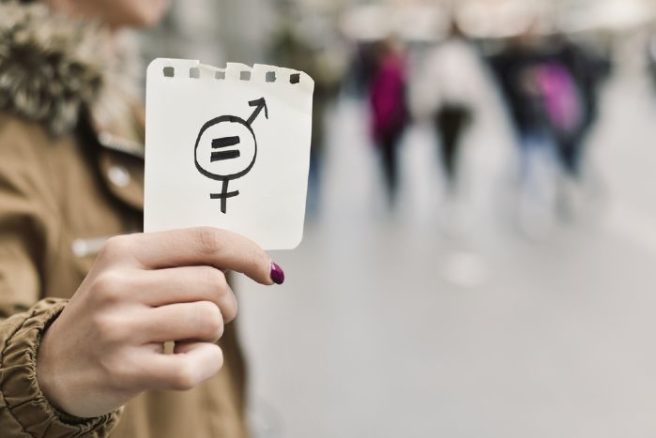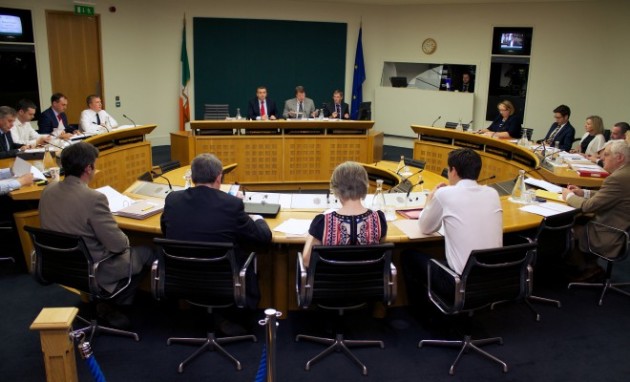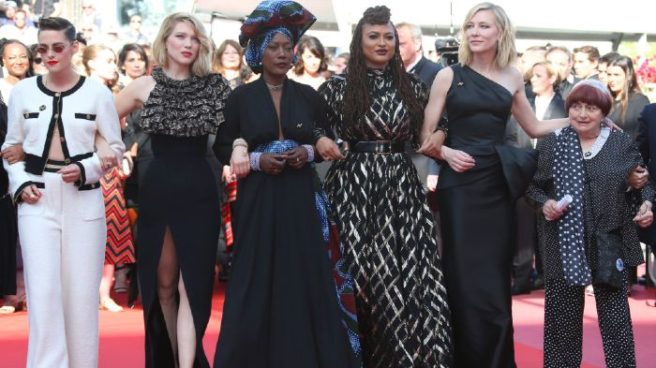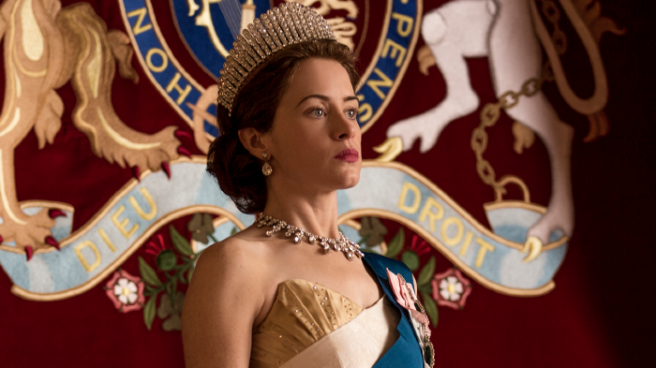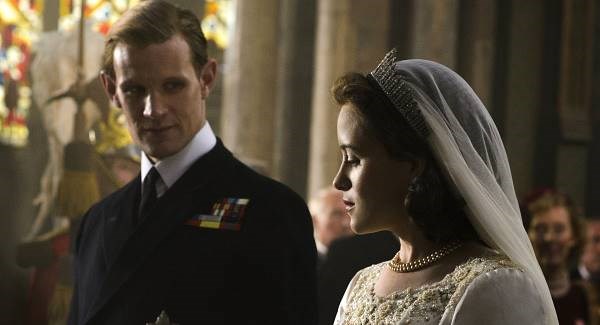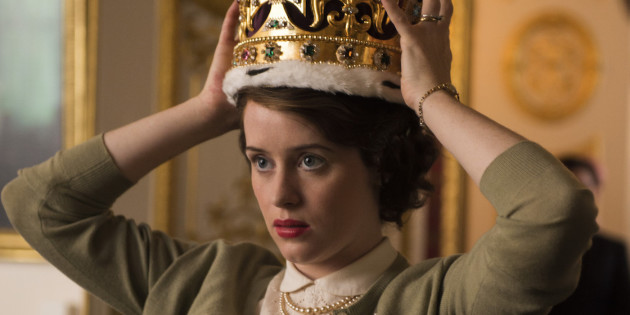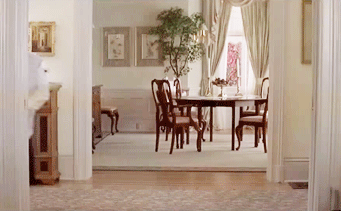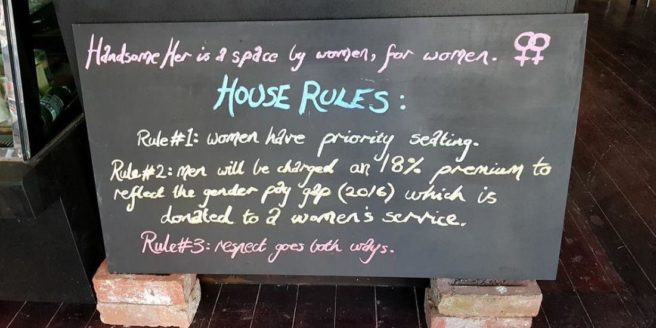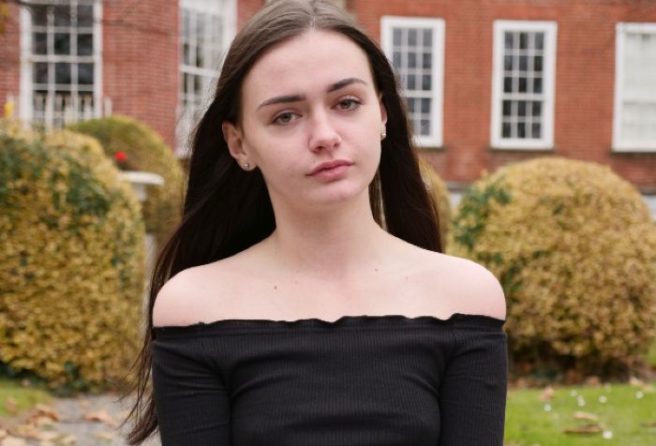
This girl perfectly sums up what it’s like growing up in Ireland
It feels as if women in Ireland are in a constant game of tug of war.
We made progress by repealing the eighth but have been hurdled backwards from rulings like the Belfast rape trial.
But one thing we do have is a voice, and it is being heard now more than ever.
17-year-old Natalya O’Flaherty is speaking up for gender equality through spoken word. Her poetry highlights important issues that continue to plague young girls growing up in modern society.
Her recent piece Not Like Other Girls does just that – levels the childhood playing field and shows that girls cannot be defined ‘from a mindset moulded by man’.
"I didn’t want to be 'girly' or soft or weak …" – Natalya O'Flaherty performs 'Not Like Other Girls', commissioned by @rte. This week @rte is shining a light on issues related to gender equality in Ireland, in The Big Picture #RTEBigPic pic.twitter.com/RbOBQ1crLO
— RTÉ (@rte) November 20, 2018
She begins the poem, commissioned by RTÉ, by describing her own ‘tomboy’ experience (the very word itself demonstrates how badly the definition of girlhood needs to evolve).
I never liked pink or glitter or bows. Instead I chose blue and dirt and diggin’.
Never liked lipsticks or perfume, never hung horse-themed posters in my bedroom,
assumed I was not like the other girls, and the other girls were not like me.
I shied away from my femininity, maximised my masculinity
so that the boys wouldn’t pick me last in team chasing.
I’d sooner fall in the muck than be stuck sittin’ with the girls,
all swappin’ stories of the glories of kissing boys. It was all just noise to me.

Natalya was pushed out of both gender groups for having 'masculine' and 'feminine' characteristics.
I didn’t see why I was different but I knew I was.
I didn’t abide by the agreed upon girl code laws.
I didn’t want to be girly or soft or weak.
I didnt want to be considered delicate or meek ‘cause that’s what girls are
– or so I was told.
She was torn in two by a society that was forcing her to choose, compromising her identity to fit traditional gender roles.
Society had pitted me against myself.
I denied my own identity to embody what was said to be for the boys,
but now I know I’m not like other girls.
I can be soft and strong in the same breath.

I can like shoes and makeup and still have depth.
I can be brave while wiping tears on my sleeve.
I can be everything or nothing I’m expected to be.
She ended the poem with this epiphany, coming into her own and accepting who she is:
I can be like the other girls and they can be like me.
Natalya’s daring statements capture what it’s like growing up in Ireland and how much that truly needs to change.







